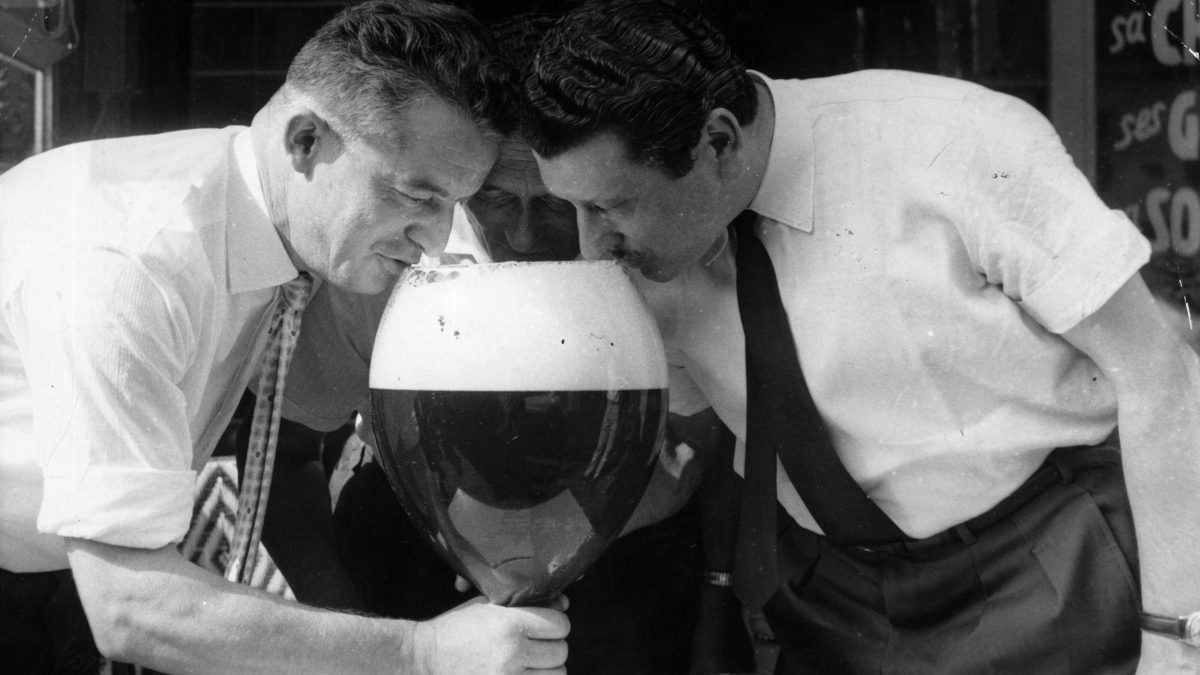New research suggests that binge drinking may possibly alter our DNA, causing more aggressive cravings in drinkers, Forbes reports.
The National Institute on Alcohol Abuse and Alcoholism defines binge drinking as “a pattern of drinking that brings a person’s blood alcohol concentration to 0.08 grams percent (0.08 grams per 100ml of blood) or above,” typically occurring “when men consume five or more drinks or women consume four or more drinks in about two hours.”
Scientists tracked changes in two genes: PER2, which influences our biological clocks, and POMC, which regulates our stress-response system.
From Forbes: “The researchers tracked changes in these genes in groups of moderate, binge and heavy drinkers, and found that both genes were altered in binge and heavy drinkers through a process known as methylation. The heaviest drinkers also showed reductions in the rate at which the genes create new proteins, known as gene expression. In effect, binge drinking stunted both genes.”
This could lead to folks having increased cravings for booze.
“We found that people who drink heavily may be changing their DNA in a way that makes them crave alcohol even more,” Professor Dipak K. Sarkar, senior author of the study and director of the Endocrine Program in the Department of Animal Sciences at Rutgers University-New Brunswick, told Forbes. “This may help explain why alcoholism is such a powerful addiction, and may one day contribute to new ways to treat alcoholism or help prevent at-risk people from becoming addicted,” he explained.
Basically, this sort of drinking isn’t just dangerous in the short term, it could also being doing long-term damage.
Thanks for reading InsideHook. Sign up for our daily newsletter and be in the know.


















